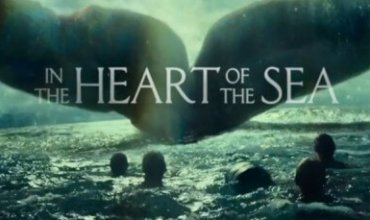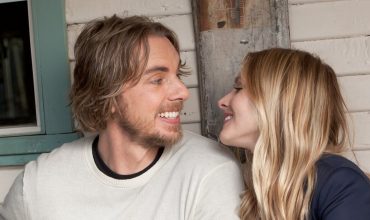As a person and an icon, Judy Garland was n effervescent combination of incredible talent, nigh-crippling tragedy, and camp charm, and so it makes sense that Judy the movie is too. Director Rupert Goold (True Story) and screenwriter Peter Quilter, who adapted his own stage play, End of the Rainbow, manage to thread a very narrow needle with this assured biopic, which manages to be funny, touching, wildly entertaining, and downright heartbreaking – often not only in the same scene, but simultaneously. It’s a heady emotional brew, complex and volatile.
Opening with a brief scene between the young Garland (Darci Shaw) and saturnine studio head Louis B. Mayer (Richard Cordery) on the set of The Wizard of Oz that, in hindsight, reads like a kind of Faustian pact, the film quickly centres us in 1969 – the last year of Garland’s life – to see the now broke 47 year old star decamp to London for a series of live shows in London in an attempt to raise enough money to retain custody of her two children by her third husband, Sidney Luft (Rufus Sewel). There are parallels with last year’s Stan & Ollie, which also tracks a faded-stars-go-to-England narrative line, but whereas that film celebrates the camaraderie and joy of the showbiz life, Judy is more concerned with counting the cost.
The plot and supporting characters are just the setting for the film’s jeweled centerpiece, which is Renee Zellweger’s absolutely jaw-dropping transformation into the elder Garland, a neurotic, histrionic mess, drug-addled and booze-soaked, yet still possessed of incredible charisma and jaw-dropping talent. It is a simply incredible performance. In lesser hands Garland could have been reduced to a collection of tics, habits and mannerisms and, let’s be clear, the real life Garland was often not too many steps away from self-parody in her lower moments. Zellweger gives us Garland in all her campy glory, but lets us inside as well, letting see the broken, scared person behind the character.
What’s impressive is that this isn’t just limited to the odd lonely interlude when the façade drops. Garland, pretty much tortured into being a constant performer (flashbacks flesh out her hellish experiences as an MGM contract player in her youth), is almost always “on”, but there are moments where Zellweger’s performance, Quilter’s script, and Goold’s direction come together to let us see the terribly ironic interplay between on stage performance, inner life, and the audience that both powers and feeds on our doomed heroine. These brief flashes are absolutely sublime, and all but guarantee Zellweger some podium time come awards season.
It’s worth noting that this isn’t a perfectly accurate portrayal of Garland’s last year. Her fourth husband, Mark Herron, is completely excised, with the focal relationship being her final husband, opportunistic bar entrepreneur Mickey Deans (Finn Wittrock). Michael Gambon crops up us British theatre impresario Bernard Delfont while Jessie Buckley (Wild Rose) pulls foil duties as Garland’s London liaison, her role being to wrangle the frequently drunk star onto stage, massage her anxieties, and generally act as a long-suffering sounding board.
Both a celebration and an elegy, Judy doesn’t really colour too far out of the lines in terms of plot – this kind of “tears of a clown” backstage biopic is a fairly well-established form, and this latest entry into the genre hits most of the familiar beats. However, the whole enterprise is bootstrapped up several notches by Zellweger’s fearless turn. Whether you’re a friend of Dorothy or simply fan of excellent acting, Judy is a must see.(8/10)


